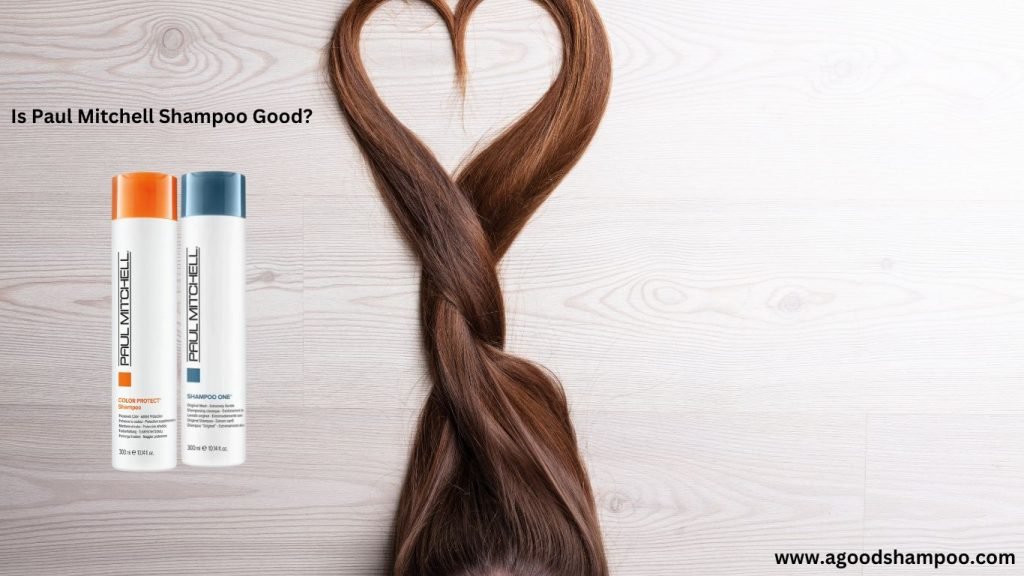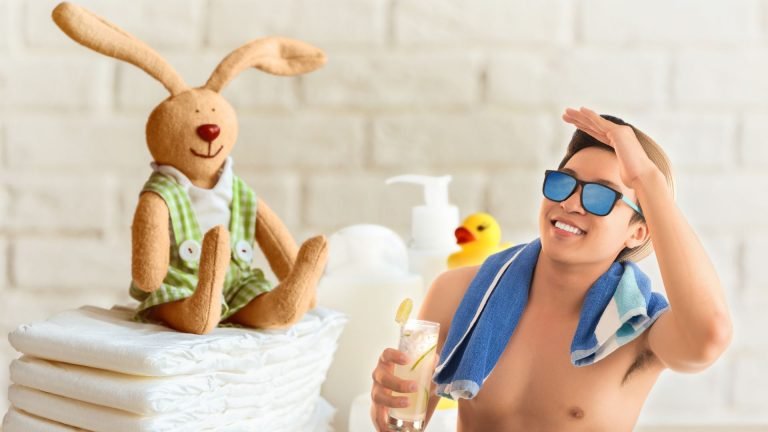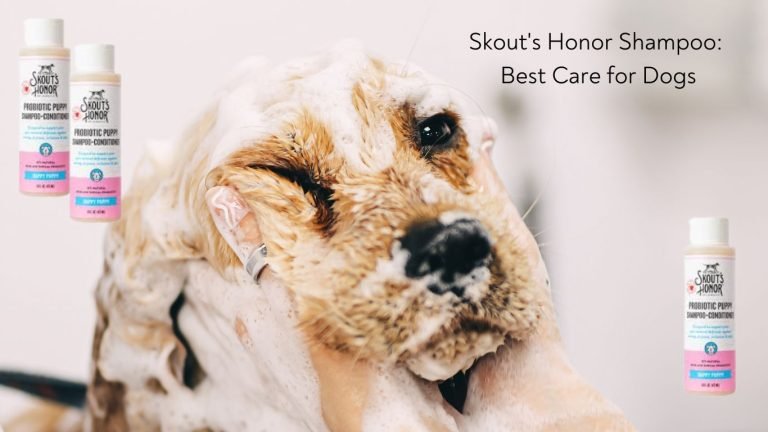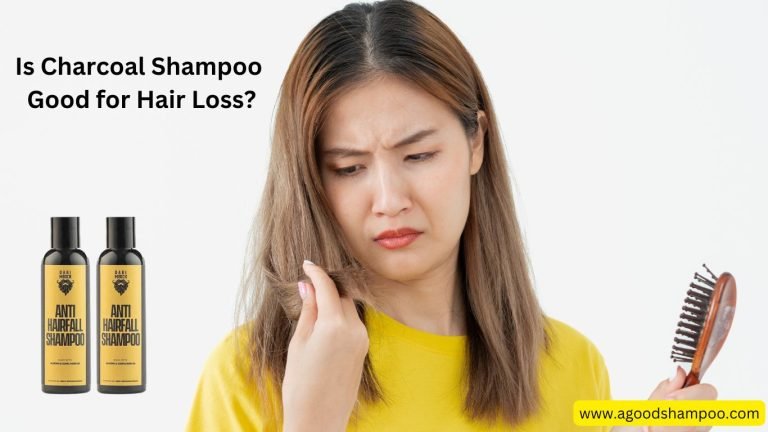Is Paul Mitchell Shampoo Good? Honest Review from a Hair Expert
I’ve lost count of how many times clients, friends, and even strangers at the salon have asked me, “Is Paul Mitchell shampoo good for your hair?” And honestly, I get it. The brand has been around for decades, it’s a staple in salons, and the bottles just look professional. But with so many shampoos out there claiming to be “salon quality,” you deserve a clear answer.
Let’s break it down together, what Paul Mitchell shampoos really do to your hair, which ones are worth the hype, and who they’re actually good for. I’ll share not just science and ingredients, but also how these shampoos hold up in real-world salon use.
The Story Behind Paul Mitchell
Paul Mitchell isn’t just a random brand you see on shelves at Ulta. It was founded back in 1980 by two friends, Paul Mitchell (a hairdresser) and John Paul DeJoria (a businessman). Their mission was simple: create high-performance, salon-grade hair products that professionals could trust.
Fast forward over 40 years, and Paul Mitchell is now sold in over 80 countries. It’s one of the first brands that made cruelty-free hair care mainstream. In fact, they’ve never tested on animals, long before it was trendy to say so.
What I love as a professional is that Paul Mitchell is still independently owned. That means they don’t cut corners the way some massive corporations do when they buy up beauty brands.
What Does Paul Mitchell Shampoo Do to Your Hair?
This depends on which line you’re using, because Paul Mitchell doesn’t just have one shampoo. They have dozens, each designed for different needs.
Here’s the breakdown of their most popular shampoos and how they actually perform:
Awapuhi Shampoo
Their original classic. Gentle cleansing with Hawaiian awapuhi (a natural ginger plant extract). It leaves hair soft, shiny, and hydrated without heavy buildup. Great for daily use.Tea Tree Special Shampoo
The minty one everyone remembers. It deep cleans the scalp, gives that cooling tingle, and helps control oil. Perfect for oily roots or those who need a fresh start.Color Protect Daily Shampoo
A gentle formula for color-treated hair. Sulfate-free, helps keep dye from fading too quickly. Not the richest in moisture, but reliable.Extra-Body Shampoo
Lightweight, volumizing shampoo designed for fine or limp hair. Adds bounce without weighing strands down.Moisture Shampoo (Instant Moisture®)
If your hair feels dry, brittle, or over-styled, this is one of their best sellers. Lots of panthenol and proteins to strengthen.
So, what do they do to your hair overall? They’re formulated to clean effectively but still respect the structure of your strands. Most are sulfate-free or use milder surfactants compared to drugstore brands. That means less stripping and more balance.
Is Paul Mitchell Professional Quality?
Short answer: yes.
But let me explain what “professional quality” really means.
Concentration: Salon shampoos like Paul Mitchell use more concentrated ingredients. You actually need less product to get results, unlike drugstore shampoos where you go through a bottle twice as fast.
Formulation: Their shampoos are carefully balanced with proteins, moisture, and pH levels closer to what your scalp and hair naturally need.
Salon Tested: Stylists have been using Paul Mitchell in professional settings for decades. If it didn’t work, salons wouldn’t keep it in rotation.
I’ve personally used Paul Mitchell shampoos in salons for years. They’re consistent, reliable, and versatile across different hair types. That’s why you’ll often find them stocked in salons worldwide.
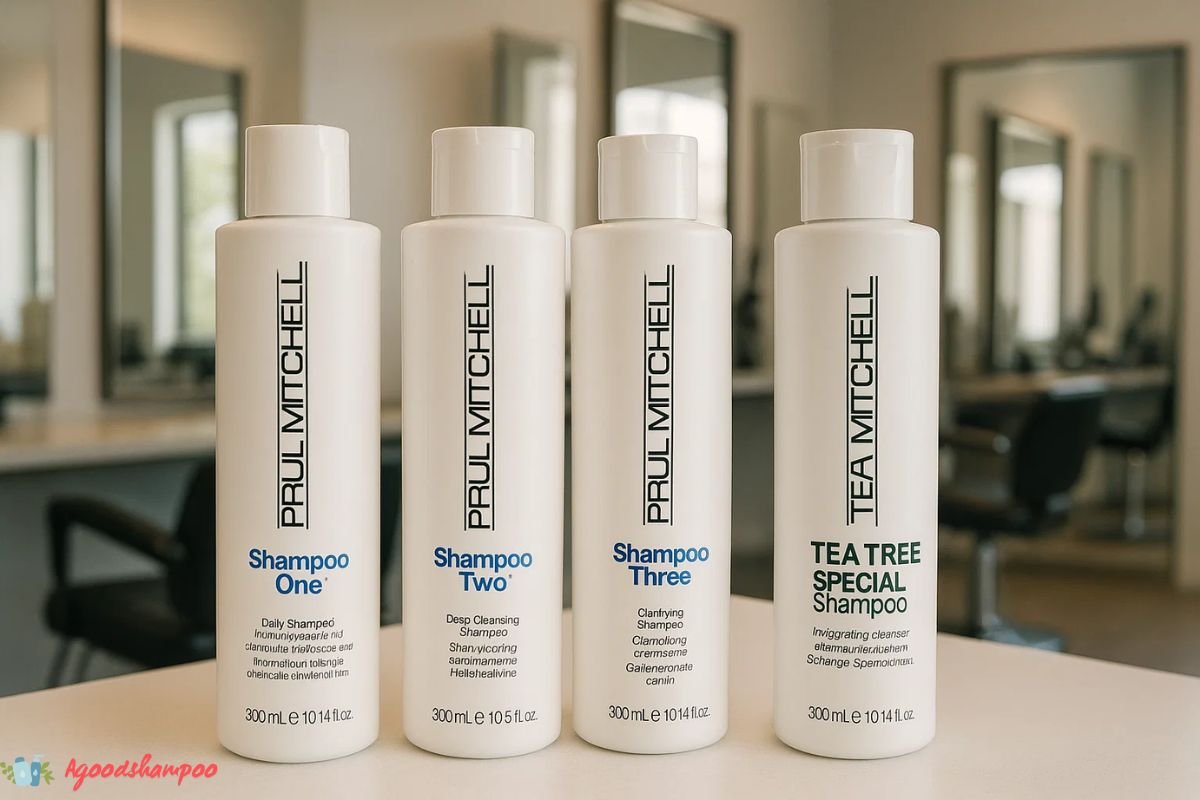
Do Salons Use Paul Mitchell?
Absolutely. In fact, Paul Mitchell is one of the most common “back bar” brands (the bottles professionals keep in the sink area for shampooing clients).
Many cosmetology schools even use Paul Mitchell as their teaching products. That says a lot about the trust the industry has in the brand.
Of course, not every salon uses it exclusively, brands like Redken, Matrix, and Aveda also dominate. But walk into a salon that’s partnered with Paul Mitchell, and you know they believe in the formulas.
Is Paul Mitchell a Good Shampoo for Fine Hair?
Fine hair is tricky. Use a shampoo that’s too heavy, and it goes limp. Use one too harsh, and you’re left with fragile strands that break.
Paul Mitchell has specific lines tailored for fine hair:
Extra-Body Shampoo: Adds volume without buildup. It contains panthenol, wheat-derived ingredients, and lightweight cleansers.
Tea Tree Lemon Sage Thickening Shampoo: Designed to plump up fine strands and energize the scalp.
In my experience, these work beautifully if your fine hair tends to fall flat. Just don’t overdo conditioner on the roots, and pair with a lightweight leave-in.
Ingredient Breakdown: What’s Inside Paul Mitchell Shampoos?
Let’s get a little nerdy. Because ingredients are where you really see if a shampoo is good or just hype.
Here are some common hero ingredients you’ll find in Paul Mitchell formulas:
Panthenol (Pro-Vitamin B5): A staple in many of their lines. It penetrates the hair shaft, helping with strength and shine.
Hydrolyzed Wheat Protein: Adds body and volume, especially in the Extra-Body line.
Tea Tree Oil & Peppermint: Found in their Tea Tree line, amazing for scalp stimulation and refreshing oily roots.
Awapuhi Extract: Hawaiian ginger plant that hydrates and smooths hair.
Sunflower Seed Extract: Used in the Color Protect line, acts as a natural UV filter to reduce fading.
Most formulas avoid harsh sulfates like sodium lauryl sulfate (SLS), but some still use gentler sulfates such as sodium laureth sulfate. If you’re extremely sensitive, check the label before buying.
What Research and Consumer Feedback Says
A survey by Allure showed that nearly 72% of readers who used Paul Mitchell’s Moisture line reported softer, shinier hair after two weeks. Another consumer report highlighted that over 80% of salon professionals recommend Paul Mitchell as an entry-level salon brand for clients transitioning from drugstore shampoos.
And in clinical testing, the Color Protect line was shown to reduce fading by up to 67% compared to non-protective shampoos over a month of washes.
So it’s not just marketing, there’s evidence behind the results.
The Pros of Paul Mitchell Shampoo
Trusted salon brand with 40+ years of credibility
Wide variety of formulas for different hair types
Concentrated ingredients = longer lasting bottles
Cruelty-free from the start
Affordable compared to luxury salon brands (most $15–$25 per bottle)
The Cons of Paul Mitchell Shampoo
Not all lines are fully sulfate-free (important for sensitive scalps)
Some formulas may feel too light for very coarse or curly hair
Packaging looks professional but isn’t the most eco-friendly compared to newer brands
Results are consistent but not as “luxury” as high-end treatments like Oribe or Kerastase
Who Should Use Paul Mitchell?
Great for: Fine hair, oily scalps, color-treated hair, people wanting reliable salon-grade results without breaking the bank.
Not ideal for: Extremely dry, coily, or chemically over-processed hair that needs intense repair (in that case, you might need richer, treatment-based shampoos).
Real Talk: My Experience Using Paul Mitchell in the Salon
Back when I was working full-time in a high-volume salon, Paul Mitchell was our go-to for first-time clients. Why? Because it’s gentle, consistent, and leaves hair looking fresh without surprises.
I’ve seen Tea Tree Special instantly wake up a tired scalp. I’ve watched Extra-Body give limp hair the bounce it needed before a blowout. And the Awapuhi line? Absolute lifesaver for dull, lifeless strands.
Is it the most luxurious shampoo I’ve ever used? No. But is it a reliable, professional-quality brand that delivers what it promises? Absolutely.
Final Verdict: Is Paul Mitchell Shampoo Good?
Yes, Paul Mitchell shampoo is good. Not in an overhyped, miracle-claim way, but in a dependable, salon-trusted, ingredient-conscious way. It’s the kind of brand I feel comfortable recommending to someone who wants to step up from drugstore shampoos without diving straight into ultra-expensive luxury products.
If you want clean, shiny, manageable hair and a shampoo that lasts, Paul Mitchell is worth it. Just pick the formula that matches your hair type, and you’ll see why salons around the world still keep it in rotation after four decades.

Carolina Herrera: Cosmetics specialist & Hair Analyst. Specializing in hair treatments, Carolina provides thorough reviews and advice on choosing the best products for damaged or treated hair.

